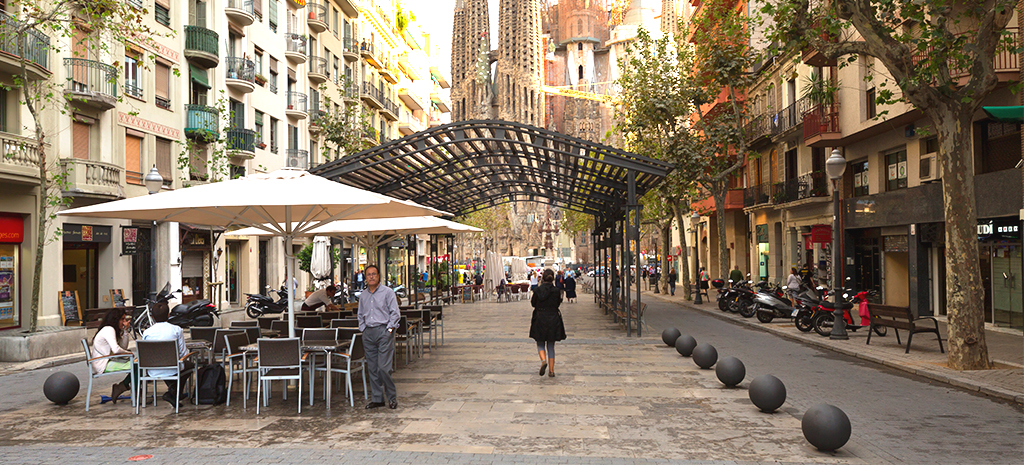INTERNATIONAL
CALENDAR
CALENDAR


Accelerated urbanization was a defining characteristic for human settlements during the previous century, with urbanization projected to continue increasing during the first half of the current century. Today, approximately 55% of the global population is urban (4.7 billion individuals), and future projections estimate this will reach 66% by 2050 (6.3 billion out of 9.6 billion), thus adapting and improving how cities are shared will undoubtedly be a critical need in the coming years and decades.
The Sustainable Development Goals or SDGs were adopted in September 2015, with a specific goal to “make cities and human settlements inclusive, safe, resilient and sustainable”, and this includes sub target 11.7 indicating that “by 2030, provide universal access to safe, inclusive and accessible, green and public spaces, in particular for women and children, older persons and persons with disabilities”. Public and shared spaces are emphasized because they are integral to any urban development process that aims to be inclusive, equitable and sustainable.
Public spaces are all publicly owned places, or privately owned but designated for public use, and are accessible and enjoyed by all citizens for free. The character of a city is defined by its streets and public infrastructure, which is visible in many different urban typologies including, squares and boulevards, neighborhood gardens, parks, libraries, etc.
Well designed and maintained streets and public infrastructure helps lower crime rates and violence, and make available spaces for formal and informal social, cultural, and economic activities that contribute to strengthening mutual trust and community bonds. Public spaces also improve equity, promote inclusion, and combat discrimination in public space. Investments in streets and public space infrastructure improve urban productivity and livelihoods, and allow for better access to markets, jobs, information and public services, especially in developing countries where half of the workforce is informal. Public spaces are also critical for environmental sustainability as urban resident become more efficient in sharing common spaces and the available resources. Inclusive design and management strategies can be adopted to ensure human development, building peaceful and democratic societies and promoting cultural diversity.
Join us at the Habitat III Thematic Meeting on Public Spaces in Barcelona to participate in discussions and provide inputs, to meet active global leaders and stakeholders in the field of urban development, and to shape the New Urban Agenda for a sustainable urban future.
Register for the Habitat III Barcelona Thematic Meeting and be part of the process towards the New Urban Agenda.
PROGRAMME
Find here for the Programme at a Glance
Find here the Full programme with speakers
REGISTRATION
Click here to register for the event
LOGISTICS
Here is the Information Note on the meeting, the city and other practical information
More information will be updated directly at the website: www.habitat3.org/barcelona

